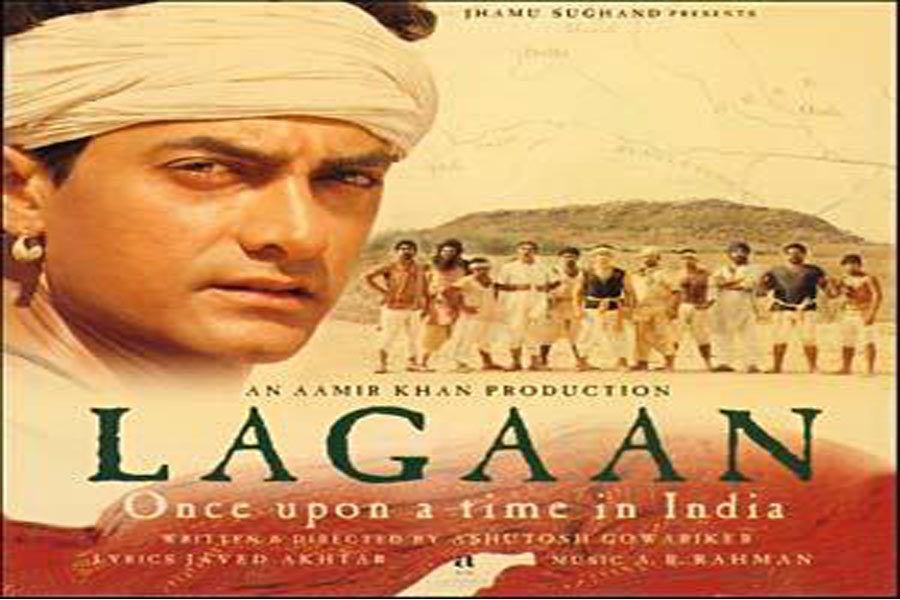The human society as a whole is reeling under the impact of the Covid-19 viral pandemic. Ever since SARS Cov 2 virus spread from Wuhan in China to other parts of the world, it has changed the way we live. Thousands have lost their lives while millions lost their jobs and a huge number of businesses had to shut down.
The million dollar question that looms in everyone’s mind nowadays is when will it end?
Nobody can be exactly sure about when and how this pandemic will end. However, based on historical experiences of previous pandemics and taking into consideration the special characteristics of SARS Cov 2 virus, one can try to predict its future trajectory and eventual end.
There are mainly three ways by which a pandemic like this can end. Two of them come from human effort while the third one will happen without any effort. Many a time a pandemic ends on account of all the three.
The three ways are:
1) Halting by containment
2) Halting by immunity through vaccines
3) Natural end by getting immunity through infection.
Halting by Containment
Breaking the chain of transmission is the strategy used in halting by containment. The virus is not allowed to get inside a susceptible host. A great deal of personal and public effort is needed for such a strategy to succeed. Personal efforts include maintaining physical distancing, wearing masks and other protective equipment, quarantining yourself when you are sick, etc. The Government efforts in this containment strategy mainly include banning public gatherings, implementing lockdowns, early testing of sick people, tracing contacts of infected patients and testing and quarantining them.
SARS Cov 2 is a Coronavirus and is closely related to SARS Cov which caused the SARS epidemic in 2003 and MERS Cov which resulted in the MERS epidemic in 2012. Both SARS and MERS were halted by this strategy. Countries like China and South Korea were able to stop almost all local transmission of Covid-19 using many of these steps.
But most other countries in the world were not able to contain SARS Cov 2 transmission this way. Even in Korea and China, new clusters of local transmission of Covid-19 have been reported in recent days. The main reason for this is the high percentage of transmission of Covid-19 virus by asymptomatic but infected people. In both SARS and MERS, the transmission of the virus occurred only after symptom onset and peaked when the patient is already diagnosed and is in the hospital. At that stage containment was easy.
Now it’s fairly clear that the containment method can only help in reducing transmission and deaths. It cannot halt the Covid-19 pandemic.
Halting by gaining immunity
If containment is not halting the pandemic we have to think about the other two ways. Both depend on the ability of the human body to develop a robust immune response against SARS Cov 2 infection. Both natural infection and vaccines can generate an immune response. When a sufficiently large percentage of people in a community develop immunity, the epidemic is halted because an infected person becomes a dead end for the virus as it is surrounded by immune people. Thus even those who do not have immunity are protected as a result of being a member of the herd. This is called Herd protection or Herd immunity.
But does Covid-19 infection provide good immunity so as to prevent re-infection?
Though there are some media reports of re-infection, scientific analysis of the data so far shows that re-infection is extremely unlikely for at least several months to a year or two. So, both the gaining of immunity by vaccination and by natural infection should, in the long run, halt the pandemic. The 1918 influenza pandemic ended as most people got infected and became immune.
But doing nothing and allowing everyone to get infected can have disastrous consequences. It can result in overwhelming the healthcare system and there may be deaths in millions. Deaths may occur not only due to Covid but also due to other illnesses not managed well by a broken health system.
Thus the only working options before us are halting the pandemic by either containment or vaccination. We still do not have a vaccine. It may take 12- 18 months before an effective vaccine is widely available. Until then we can only contain the virus by trying to reduce transmission as much as possible using the Test-Trace-Isolate method.
Finally, how will the pandemic end?
When it finally ends, all the three ways of halting the pandemic would have played a part. The presence of a large number of previously infected people will halt the transmission in some areas. Vaccines will halt transmission in places where a large percentage is immunised with it. Clusters of transmission may still, break out in some places and, will be managed by containment measures and further vaccinations.
When will it end?
An efficient vaccine is a must for halting the epidemic. The most optimistic prediction says it may take up to 12 months. So we can assume that the Covid-19 pandemic will only be eliminated in the summer of 2021.
Does it mean that the infection rates will continue to escalate unabated for one more year?
No. Effective containment measures can, by and large, reduce the speed of the pandemic. Even in Western Europe, with just around 5% of the population infected, it is on a steep decline. The presence of a large number of people who are infected in a population can reduce transmission. Also, summer weather may play a part. The onset of winter later this year may see transmission explode once again. In the next 12 months, we can expect to see waxing and waning of infection rates in different parts of the world depending on many variables.
As of now, we have to continue containment measures that are rational but not too lethal for the population. Instead of a nationwide lockdown, each state, city, and district should try containment at hotspots of transmission. We have to continue the Test-Trace-Isolate policy in a very efficient and economical way.
Finally, we have to do everything possible to speed up the arrival of safe and effective vaccines which will finally halt the epidemic by next summer.







